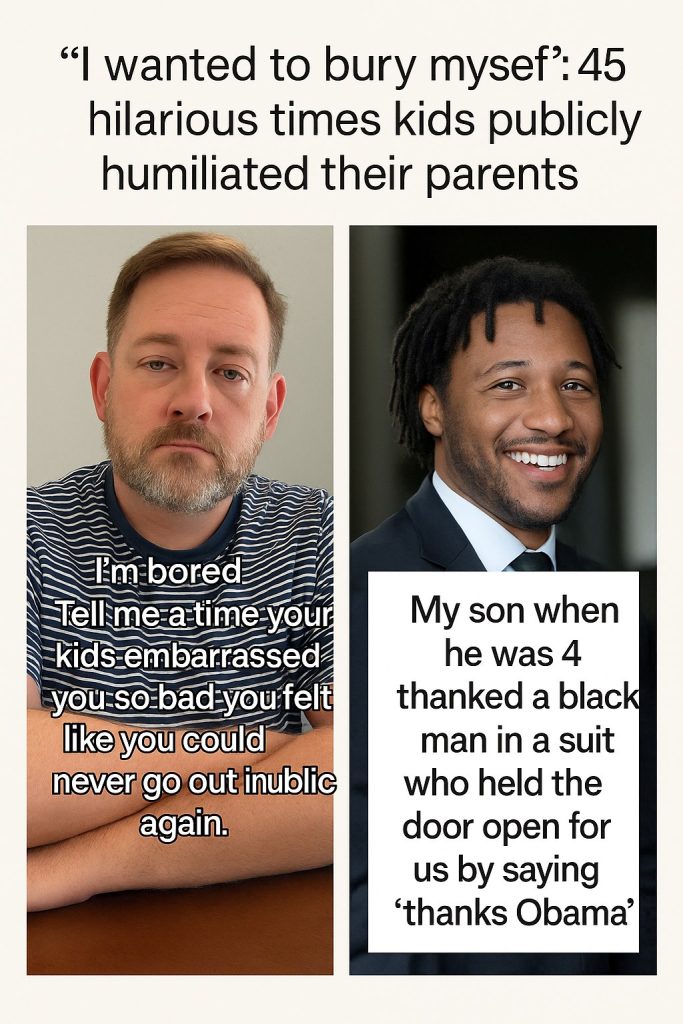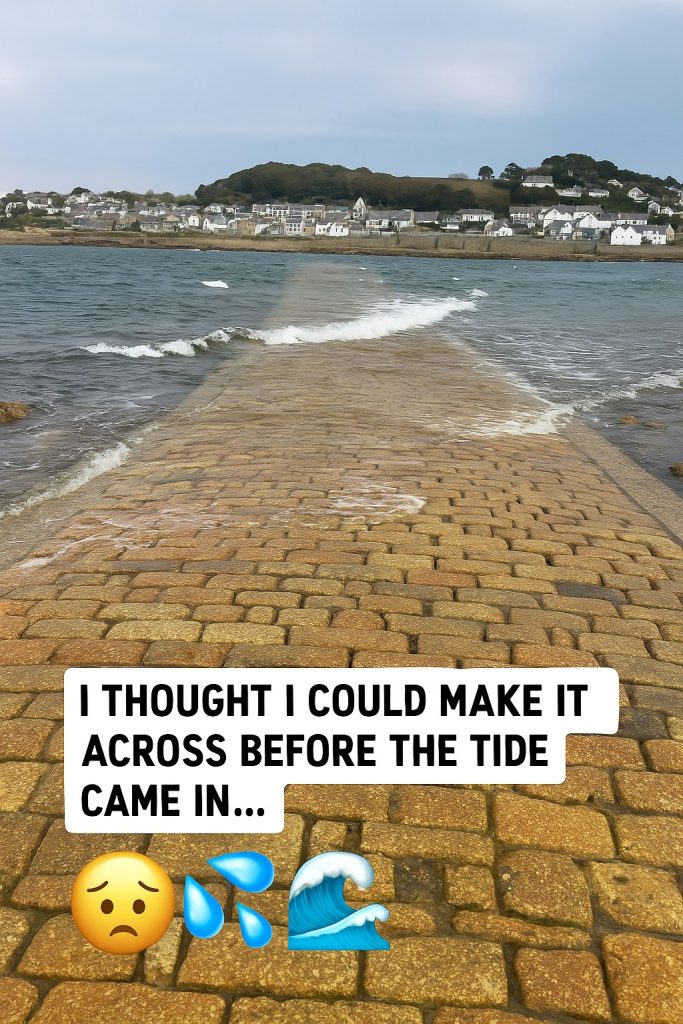A recent video featuring State Department official Reese Waters has ignited controversy, as he interweaves humor and sharp commentary on racism in America. Titled “State Department Official Takes Racism Back 200 Years,” the segment critiques the language and behavior surrounding racism using a familiar, colloquial analogy that likens a mother’s embarrassment over a misbehaving child to America’s current racial climate.
Waters opens with a metaphorical illustration, saying, “This is like when your mama say, ‘Don’t embarrass me’ in front of company,” setting the tone for a comedic yet critical exploration of racism in politics. His remarks draw attention to how issues of race are treated by leadership and often overlooked or deflected. The rhetorical device serves to introduce a discussion around individuals in power who may ignore systemic racism while feigning concern in public settings.
Throughout the segment, Waters targets former President Donald Trump, referencing recent threats to “wage war” on Chicago and accusing him of trivializing serious issues of race and violence. He humorously reinforces the absurdity of Trump’s statement with phrases like, “I love the smell of deportations in the morning,” which illustrates the callousness often exhibited by politicians in discussing immigration and race-related issues.
Waters’ commentary also references Trump’s rebranding of the Department of Defense to a “Department of War,” implying that the approach to governance is increasingly aggressive rather than diplomatic. Waters critiques how this militaristic rhetoric does not align with the historically intended role of the U.S. as a peacemaker, asking viewers to consider how such language reflects a broader societal indifference to violence and discrimination.
In his segment, Waters continues by remarking, “It’s not his fault that Chicago’s violent,” alluding to the misattribution of blame often expressed in political discourse. He emphasizes that the narrative surrounding violence in urban areas frequently overlooks the complex, systemic issues that contribute to it and instead scapegoats specific communities, thereby perpetuating racism.
The video strikes a balance between humor and criticism as Waters invites viewers to participate in defining who could be nominated for his “Racist of the Week” segment, indicating a call for continued awareness and activism regarding racial issues. His tongue-in-cheek commentary serves both as a source of entertainment and an illuminating critique that challenges the status quo, prompting a broader dialogue about America’s racial tensions.
While entertaining, Waters’ remarks are sobering, particularly as they highlight the ongoing challenges posed by racism in American society and politics. His use of humor may seem lighthearted, but it is interwoven with serious commentary that demands a reckoning with historical injustices that echo into the present day.
The blend of comedy with critical social analysis found in this video exemplifies how contemporary platforms are being used to address and challenge racial issues in America. As conversations about race become increasingly polarized, Waters’ take encourages viewers to reflect on their roles in advocating for a more inclusive and just society, one that confronts its past rather than burying it.



